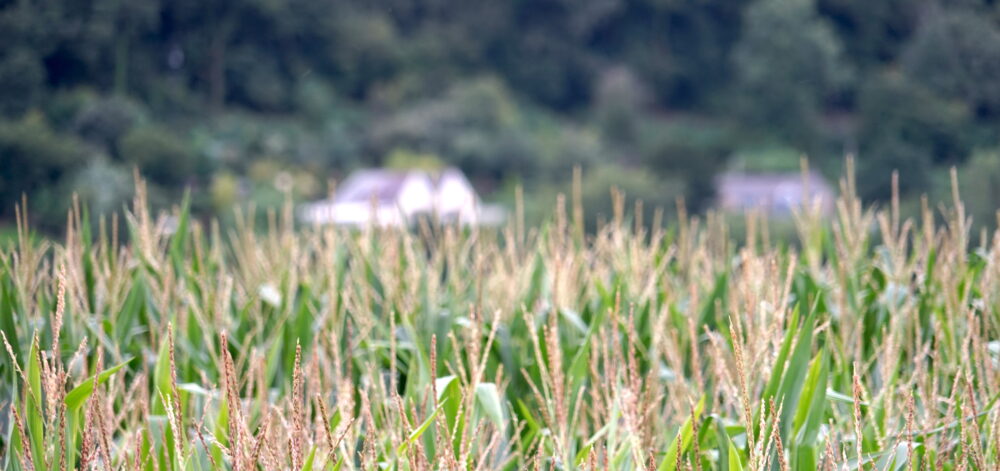Benefits of 15-Minute Cities
1. Sustainability
By reducing the need for cars and long commutes, 15-minute cities help lower carbon emissions and promote a more sustainable way of living. This can have a positive impact on the environment and help combat climate change.
2. Improved Quality of Life
Living in a 15-minute city means spending less time stuck in traffic and more time enjoying life. Residents have more opportunities for social interactions, exercise, and leisure activities, leading to a better overall quality of life.
3. Economic Growth
Compact, walkable communities can boost local economies by encouraging small businesses and creating vibrant community hubs. With more people out and about, there are increased opportunities for entrepreneurship and job creation.
A video posted on YouTube by the aptly named ‘Fifteen’ and titled ‘#15MinCities | Planning and funding active travel projects to connect communities in Wales and; beyond’ The host was Jessica Jones-Langley from the team ‘fifteen’. You can watch the video below.
In recent weeks there was some controversy when a woman appeared in a national newspaper claiming that the new 20mph law had allowed her and her family to travel safely by bike to do the shopping. She turned out to be a leading campaigner and guest on the video promoting 15-minute cities and is a member of Sustrans. The article has since disappeared from the National news site.
I’d like to point out that this editorial is not a witch hunt a rant on conspiracy theories or a kick against active travel, cycling, walking and clean air. I have been a cyclist for most of my life. In fact today I own 8 bicycles one of which is an electric cargo bike. I have a bike workshop and offer free cycle use to people who visit the area. I have been a member of Friends of the Earth and I have written numerous articles supporting clean air and safe travel.
My piece is about questioning the logic, the fine detail, the implications and the cost of an agenda driven by people who are not really in touch with a vast majority of Welsh people who live in rural areas.
It’s important to have open discussions about the feasibility and impact of any urban planning approach to ensure that it aligns with the needs and realities of different communities.
While the idea of creating communities where residents can access their daily needs within a 15-minute walk or bike ride is a compelling one, it may not be feasible or practical in all areas, especially rural ones with longer distances and lower population density.
It’s crucial for policymakers and planners to consider the unique circumstances and challenges faced by rural communities when implementing such concepts. This includes taking into account transportation infrastructure, access to services, and the needs of residents who rely on private vehicles due to a lack of public transportation options.
Having inclusive and comprehensive conversations with a diverse range of stakeholders across Wales is essential to ensure that the future of travel planning takes into account the perspectives and concerns of all communities. This can help avoid feelings of exclusion or backlash from those who feel their needs are not being adequately considered.
Balancing environmental goals and the needs of different communities is indeed a complex challenge. It requires finding solutions that are inclusive, adaptable, and sustainable, taking into account the unique characteristics of each area.
If we start with the premise that we have elected politicians to form the world we live in we have given over most of our decision-making on what happens in our villages, towns and cities to them. That has a tiered structure from your local councillor right up to your MP. We vote for them, and for the most part, we take little interest in what they actually do unless it is something that impacts us as a majority. Take the 20mph law. Love it or loathe it we have to live with it. Politicians have dictated that and they say it was in their manifesto so they had a mandate to do that.
Most people would agree that a politician cannot fix everything. They are guided by law and they are guided by finances. If we look at the track record of a Welsh Labour Government we can clearly see there have been problems and failures. There have also been successes. It is the failures we tend to focus on as people.
Here we have a group of people doing what they believe is the right thing to address climate change, shape our futures and make travelling in Wales safe. The problems they are trying to address are not that simple. We saw this in the Government approach to Covid too. The five-mile travel rule. It was applicable to city dwellers but for rural people it was impossible. The nearest shop is well over 5 miles in many circumstances.

I live in rural Carmarthenshire. The main artery to work and shopping is the A484. You take your life in your hands just by stepping out of the door. The enormous freight lorries thundering through trailing smoke is incredible. It is just too dangerous to travel to the park. As a journalist, I have to travel long distances daily. The bus goes every hour but not to where I need to get to. I simply have to use a car. I would dearly love to cycle. As a business we invested in an electric bike and we kitted it out for a studio. My son is a keen environmentalist. I guess he would come under the climate change crew but he also has a lot of common sense and sees that there is a balance to be struck.
While the people as good-intentioned as they are in this video talk shop and use the buzzwords they must also acknowledge that using the media under false pretences is disingenuous and does nothing to help their cause.
Much bigger conversations need to be had with people across Wales. We are already seeing a backlash with property being destroyed costing the tax payer. Road signs, cameras, etc. It will get worse if you push people or ignore people. We cannot simply appoint a small panel with vested interests to determine the future of how we travel to work. It smacks of the nanny state at worse and of greenwashing at best.
15 minute cities are not without challenges and criticisms. Some argue that implementing such a concept may lead to gentrification, where low-income residents are pushed out due to rising property values. Additionally, there are concerns about the feasibility of retrofitting existing cities to fit the 15 minute model and the potential lack of inclusivity in planning processes. Despite these challenges, the 15 minute city concept continues to spark discussions and innovations in urban planning as cities strive to create more sustainable and livable environments for their residents.
Have your say? Email newsdesk@carmarthenshirenewsonline.com
Please donate here: Support Carmarthenshire News Online Thank you for supporting independent journalism and contributing to the future of local news in Carmarthenshire. Carmarthenshire News Online has been dedicated to providing unbiased and trustworthy news, free from commercial or political influence. By donating as little as £1, you can help ensure the continuation of this important source of information for the community. Your contribution will have a significant impact on the sustainability of independent journalism. If you're looking to enhance your brand's visibility, we also offer advertising opportunities on our Livestream and podcasts. Our special offers provide excellent value for reaching our engaged audience. To learn more about these opportunities and to discuss your advertising needs, please feel free to call or text us at 07308598604. Thank you again for your support, and together we can ensure the availability of quality local news for Carmarthenshire and beyond.
Please donate here: Support Carmarthenshire News Online






